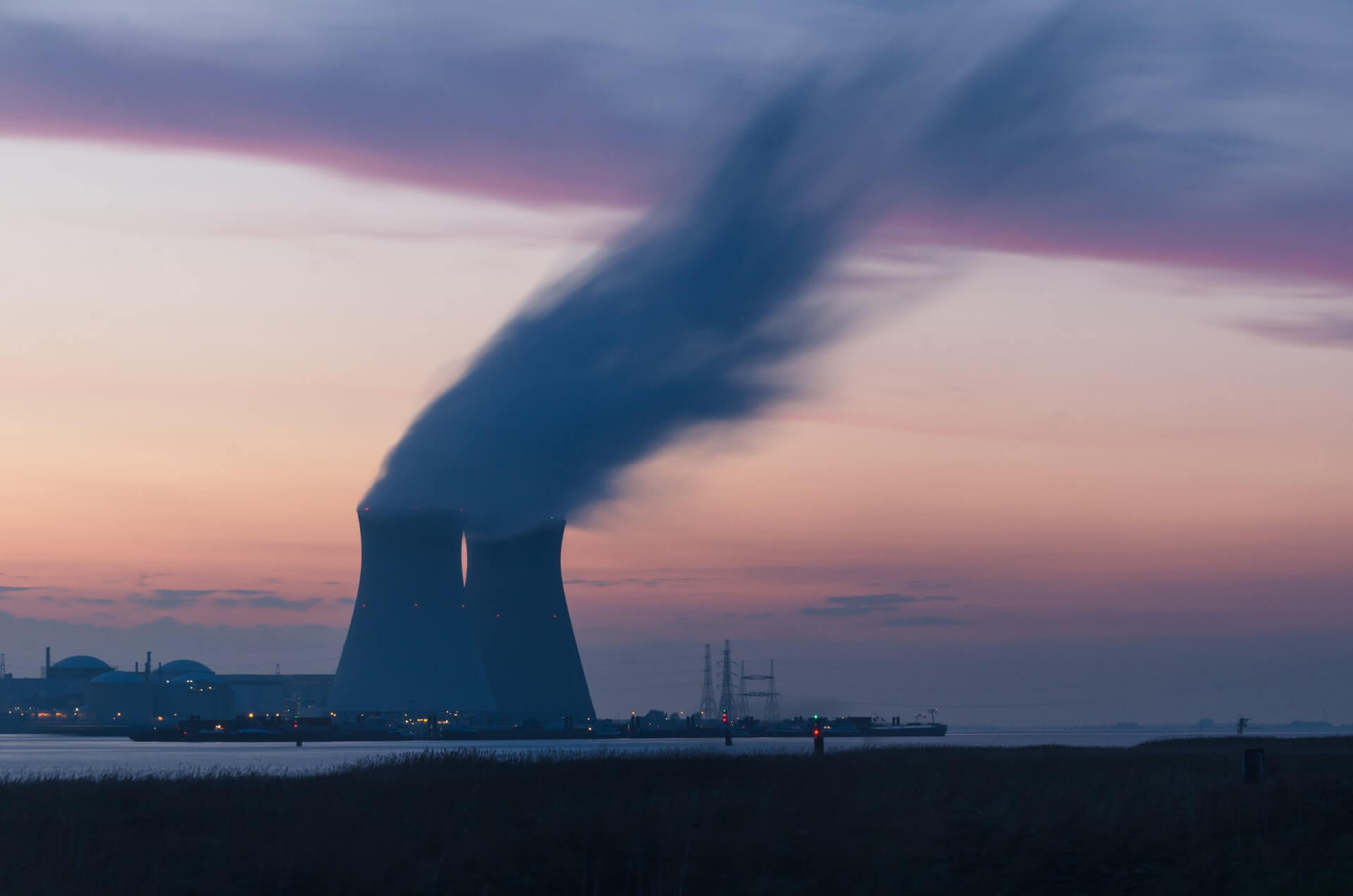In its first two decades of service, the Douglas DC-3 — maybe the most amazing, safe, and hardworking aircraft ever built — was denounced in folk legend as wildly unsafe. It was branded a flying coffin by those who didn’t know the data.
The myth that it wasn’t airworthy matured into an out-and-out lie. In fact, the DC-3 was the workhorse which launched modern passenger aviation.
The DC-3 was saved by growing aviation literacy in the public. Can nuclear literacy save nuclear power, one of the greatest tools in containing global warming? I believe it can. Literacy trumps myth and superstition.
While nuclear power has comparisons with the venerable DC-3, it is far more important than any single airplane. Those who turn their backs on nuclear power — so needed as climate change accelerates – are akin to those who without knowledge were turning their backs on passenger aviation in 1935.
Today’s major public argument against nuclear power is that it leaves behind radioactive materials — lumped together as nuclear waste – which will be radioactive for 10,000 years, about twice recorded human history.
This argument conjures up images of a monster, breaking out of its repository and marching the earth, laying waste to whatever stands in its way — a nuclear blob from a science fiction movie.
Truth is, in about 200 years, most high-level nuclear waste will have decayed into something less radioactively aggressive. In the first 30 years, it gets less toxic and more manageable.
As this explanation by William Reville, the eminent, emeritus professor of biochemistry at University College Cork, published in the Irish Times, explains succinctly, “ The intense radioactivity reflects the preponderance of short-lived radioisotopes that are disintegrating quickly.
“This high rate of nuclear decay means the level of radioactivity declines quickly – the radioactivity of spent nuclear fuel reduces to 10-20 percent of its initial activity within six months of its removal from the reactor and within a few decades, the radioactivity reduces by a further factor of two. Radioactivity danger is largely gone within 100 years and within a few thousand years, the stored spent fuel is little more radioactive than the uranium ore that first came out of the ground to be fabricated into new fuel rods.”
Despite this science, when I advocate nuclear, which I have done for a long time, people roll their eyes and say, “What about the waste?” The waste does need to be stored safely, but it decays to a safe state quite quickly.
The most agonized-over nuclear material is the transuranic plutonium. Yes, it will last thousands of years, but it is easily shielded because it is an alpha emitter: It can’t penetrate human skin and can be blocked with a piece of notepaper. Natural uranium, found in rocks nearly everywhere, is an emitter, as is thorium, found in conjunction with rare earths. Radiation is everywhere. It isn’t the devil’s incarnation.
Those facing the climate crisis tend to shy away from nuclear and advocate only wind and solar. Little thought is given to the waste that these low-density energy sources are themselves going to produce.
Wind will create a huge volume of physical waste from the disposal of carbon-fiber turbine blades. These don’t recycle, unlike the steel towers on which the turbines rest. Eventually, tens of millions of tons of solar panels will make their way to landfills.
If you want to fret about waste — and you should — look to the garbage that is crowding the landfills, especially plastic which doesn’t break down. Look to the billions of tons of junk that is making its way into the oceans, killing marine life, and shudder.
The earth can take a lot of nuclear waste from power plants, advanced medicine, and reactors aboard navy ships and spacecraft. But can it take much more of the alternative?
Aviation literacy saved aviation from myth, even after disasters. Myth is a dangerous force when it is the foundation of policy.
If you want a good, safe myth, go with the tooth fairy.

 Follow
Follow
Thank you for educating us on this important issue.